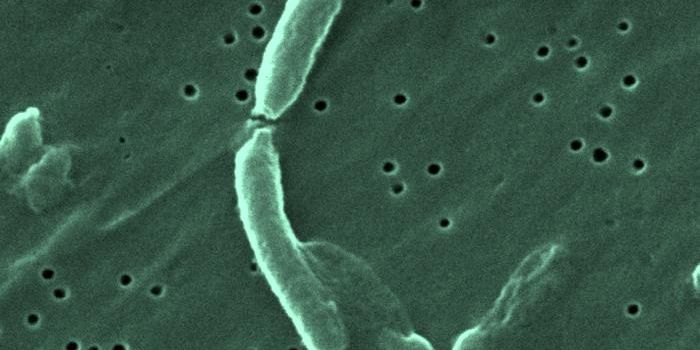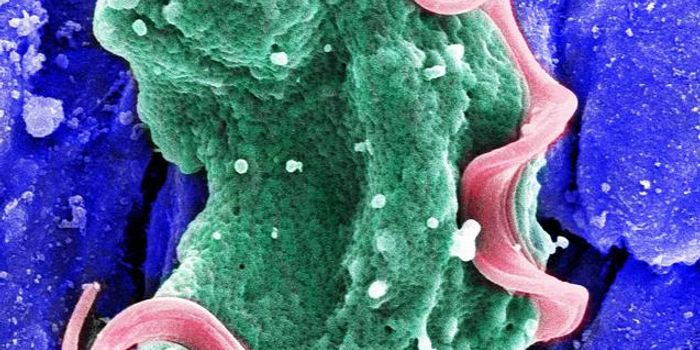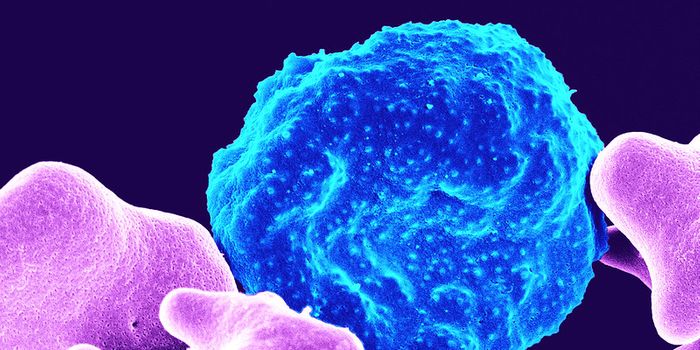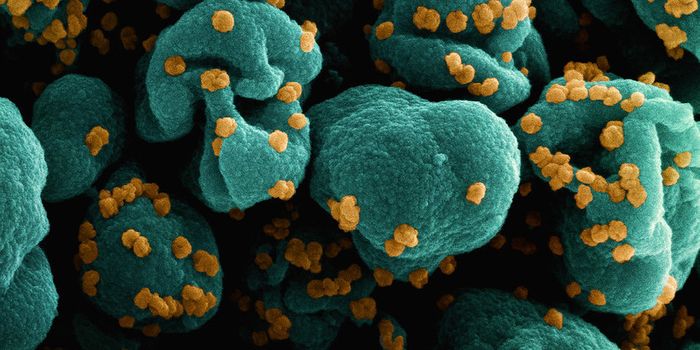A number of studies have suggested a link between the gut microbiome and obesity.
The idea is that a certain (im)balance of microbes contributes to weight gain. A key finding to support this was that that gut contents or gut bacteria could be transferred from an obese mouse to a germ-free mouse, and the germ-free mouse would become obese.
In fact, the link between the microbiome and our health is over a century old. In 1907, Elie Metchnikoff proposed a link between microbes and senility. He held that “products of intestinal putrefaction by microbes were responsible”.
A new study from University of Michigan Health System researchers casts doubt on this, however. The researchers combed through data from 10 of the largest human microbiome studies to see if there was a link between the abundance of certain microbes and obesity.
According to study author Marc Sze, “obesity is currently a health risk of epidemic proportions, and many have suggested that the bacterial microbiome is not only different between obese and non-obese but also can predict obesity. We wanted to see if this was really what the existing literature suggested, since these claims could have a lot of positive impact on the management of this epidemic if true.”
Sze and his team used machine-learning computing tools to organize vast amounts of microbiome and related health data. They used these tools to try and predict whether an individual was obese based on the makeup of their microbiome.
What they found was - not much. They were unable to establish definitive links between specific microbes and the incidence of obesity. According to study author Patrick Schloss, “in the end, we found that there are no clear signatures or predictors of obesity across the microbiome data reported thus far, and that if there is any signature at all, related to diversity of microbes it's not biologically useful. This is a cautionary tale that points to the need to do more work to clarify what we know and don't know.”
The group doesn’t think there’s just one “healthy microbiome”. This makes it nearly impossible to “correct” someone’s microbiome - at least not with a one-size-fits-all approach.
The microbiome hasn’t just been linked with obesity, it has been connected with a number of other conditions, including cancer. As such, Sze and his team want to apply their computing tools to look for links between the microbiome and colorectal cancer - inherited colorectal cancers, specifically.
Sources: mBIO,
Science Daily,
Molecular Metabolism









